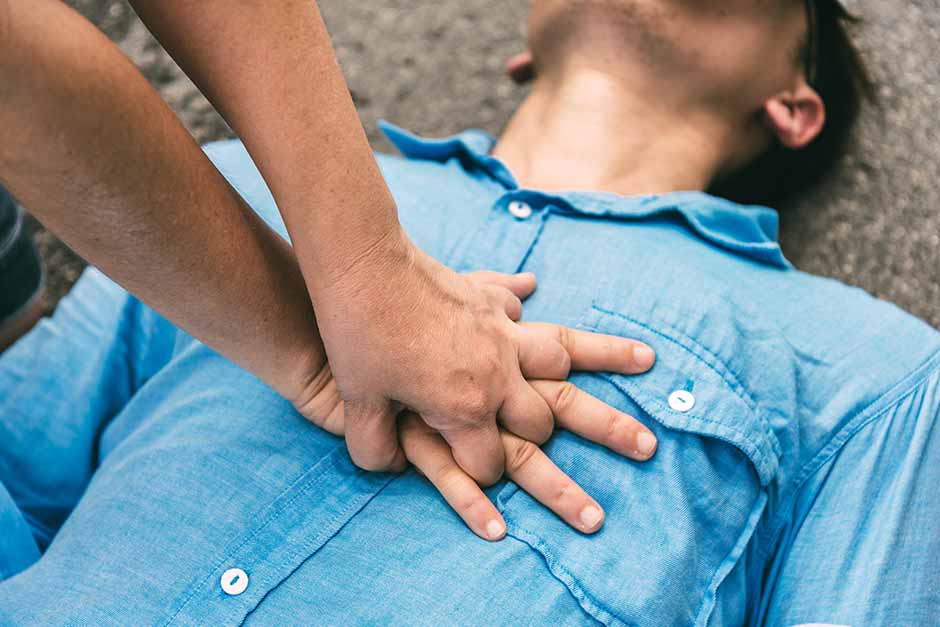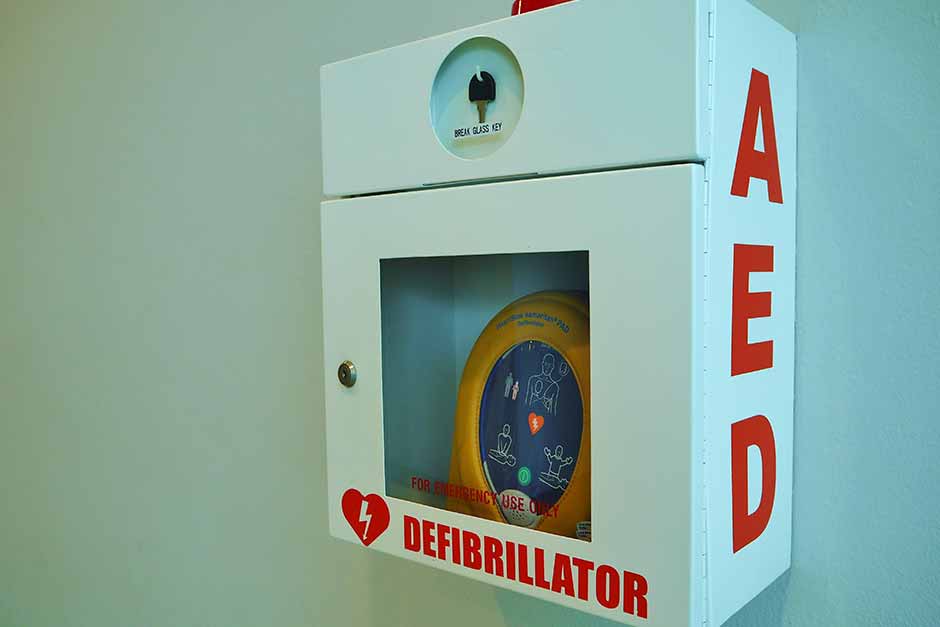Who we are
Our group is made up of patients who survived a sudden cardiac arrest and family members who have lost a relative to sudden cardiac arrest. We also have scientists who are experts in this field, cardiologists, medical experts, paramedic organizations from York, Peel, Toronto, Halton, County Simcoe and organizations like the Ontario Paramedic Association and the Heart and Stroke Foundation of Ontario, who promote public awareness about the warning signs for these conditions. We need more people like you to help convince the government that learning how to perform CPR and use an AED is the right thing to do. For more information please contact:
At St. Michael’s Hospital: Dr. Paul Dorian: paul.dorian@unityhealth.to or 416-864-5104 and Dr. Katherine Allan: katherine.allan@unityhealth.to, 416-864-6060 x.40043




